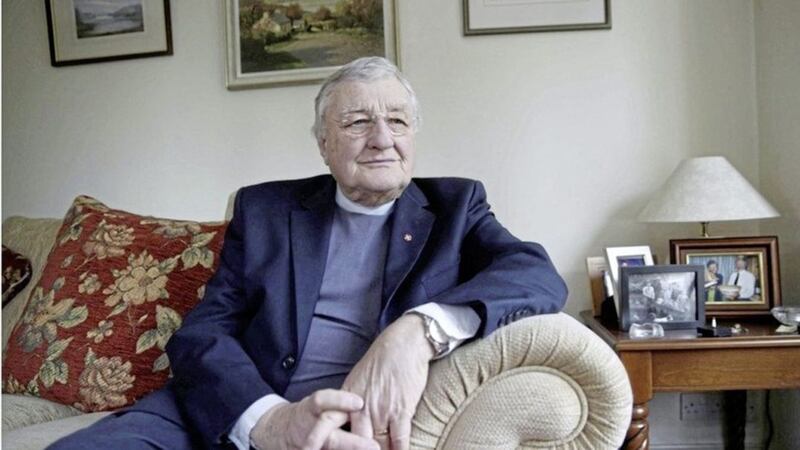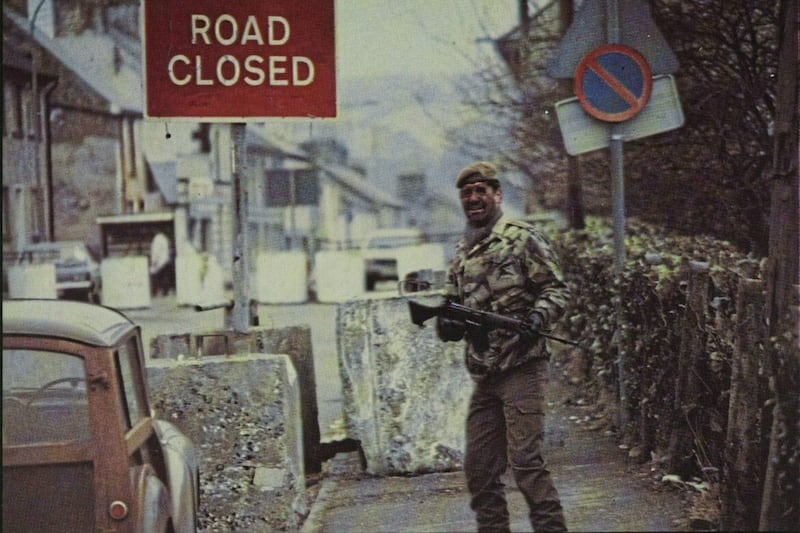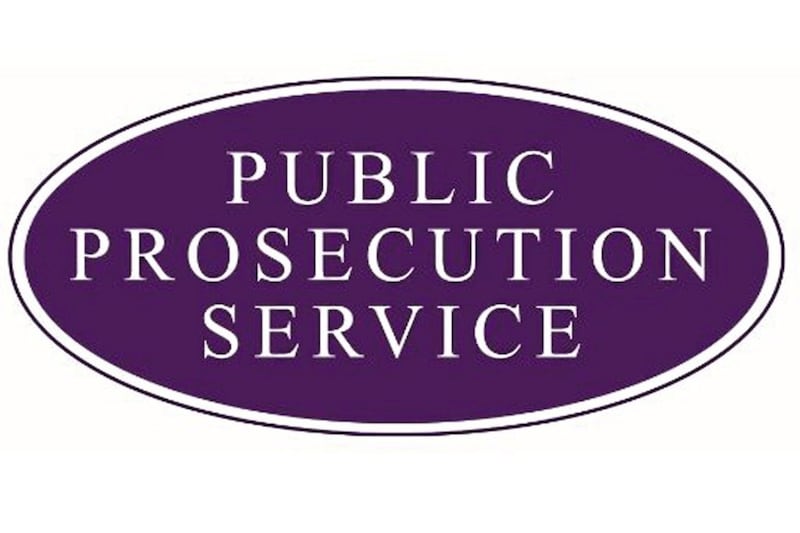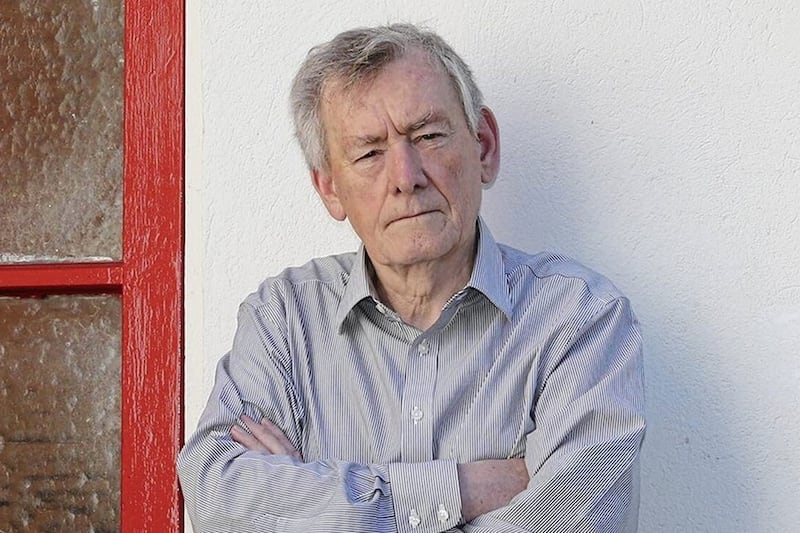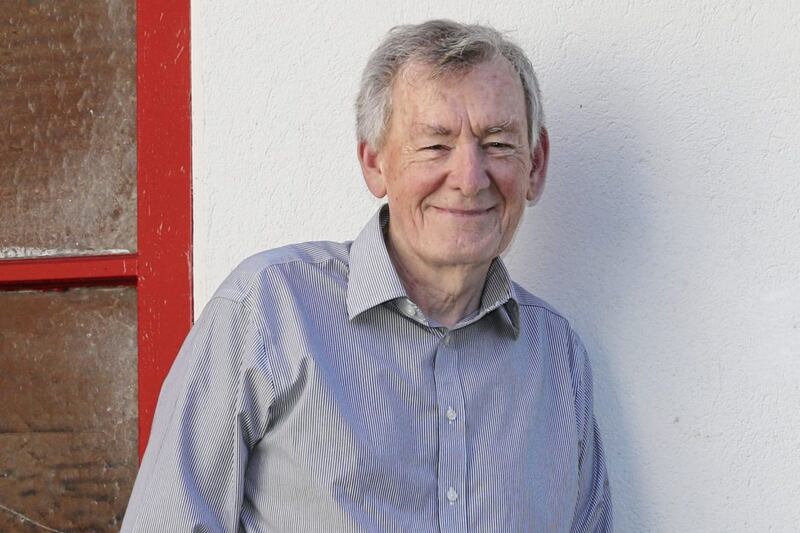ORGANISERS of a meeting about legacy issues have defended the event after it was branded as "secret talks" which excluded victims.
It has emerged the talks were organised by former President of the Methodist Church, Rev Harold Good and Derry city centre manager Jim Roddy.
Mr Roddy has previously been at forefront of successful negotiations between the two communities over parading in Derry.
Both men said it was a "seminar" and that no political parties had been invited.
The discussions were chaired by Archbishop of Canterbury Justin Welby at Lambeth Palace in London last month.
Among those who attended were representatives from the Irish and British governments, senior republican Sean 'Spike' Murray and loyalist Winston Irvine.
Veterans' commissioner Danny Kinahan, Queen's University academic Kieron McEvoy and Judith Thompson, who was until recently the commissioner for victims and survivors, also attended.
But victims said it was "maddening" to have been excluded, while politicians also questioned why they had not been invited.
Kenny Donaldson of Innocent Victims United branded the meetings a "new legacy forum" and warned that "innocent victims and survivors of terrorism won’t be railroaded by a political agenda".
It was reported yesterday that Rev Good and Mr Roddy said they had asked the Archbishop of Canterbury to host the "seminar" at which a report by Professer McEvoy was discussed.
"Following the presentations, there was a useful discussion between the participants on the contents of the research," they told the BBC.
Mr Roddy and Rev Good also said the event was an extension of years of work on "peace process-related issues" and a continuation of "serious conversations relating to legacy and our troubled past".
"We did not invite political parties to this seminar as discussions between the parties are the responsibilities of the two governments and the parties themselves," they added.
A spokesman for the Northern Ireland Office rejected the description of "secret talks", saying it "is listening to people from all communities, victims and survivors regarding legacy issues, and is committed with our Irish partners to seek a way forward for everyone".
